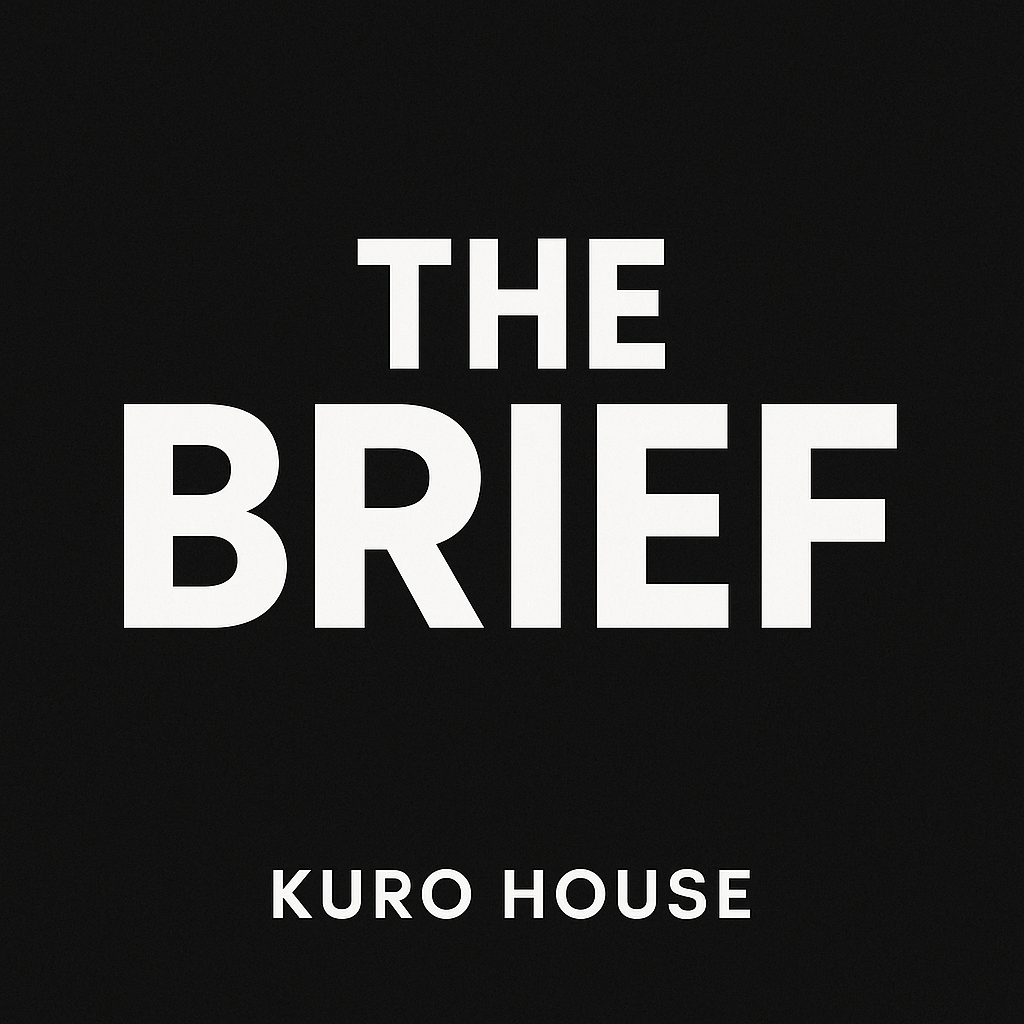Listen To The Show
Transcript
Welcome to The Prompt by Kuro House, your daily AI update. Today, we’ve got some exciting news about AI hardware, software, and regulation that’s shaping the future. Let’s dive right in.
Nvidia is launching what it calls the world’s smallest AI supercomputer, the DGX Spark, on October 15th. According to The Verge, this desktop-sized powerhouse packs a petaflop of AI performance, capable of handling models with up to 200 billion parameters. It comes with 128 gigabytes of unified memory and up to 4 terabytes of NVMe SSD storage, all running off a standard power outlet. Priced at $3,999, it’s designed to democratize AI research by putting supercomputer-level power on the desks of data scientists and students alike. Plus, major PC makers like Acer, Asus, Dell, and Lenovo are releasing their own customized versions.
OpenAI is stepping into chipmaking with a new partnership with Broadcom to produce custom AI chips for its data centers. The Verge reports this deal will enable OpenAI to deploy 10 gigawatts of custom AI accelerators by the end of 2029. To put that in perspective, that’s about ten times the output of a typical nuclear reactor. OpenAI’s CEO Sam Altman calls this a critical step to unlock new AI capabilities by embedding software learnings directly into hardware. This move reduces reliance on Nvidia and follows previous deals with AMD and Nvidia themselves.
Slack is upgrading Slackbot from a simple reminder tool to a full-fledged AI assistant. As reported by The Verge, the new Slackbot can create custom plans, sift through messages, and pull info from multiple channels to help users stay organized. It even integrates with Microsoft Outlook and Google Calendar to coordinate meetings. The AI companion will appear next to the search bar and respond to natural language queries like “What are my priorities today?” Slack is rolling this out first to Salesforce employees and plans a wider release by year-end.
California has become the first state to regulate AI companion chatbots with a new law called SB 243. TechCrunch explains this legislation requires AI chatbot operators to implement safety features protecting children and vulnerable users. The law mandates age verification, warnings, and protocols addressing suicide and self-harm, with penalties up to $250,000 per offense for illegal deepfakes. It also requires companies to clearly disclose that interactions are AI-generated and prohibits chatbots from posing as healthcare professionals. This law takes effect January 1, 2026, and aims to hold major players like Meta, OpenAI, and Character AI accountable.
Salesforce has announced Agentforce 360, the latest version of its AI agent platform, ahead of its Dreamforce conference starting October 14th. TechCrunch reports this update introduces Agent Script, a new tool to program AI agents with flexible “if/then” logic, and Agentforce Builder for building and deploying agents from one place. It also deepens integration with Slack, aiming to make Slack a central hub for enterprise AI interaction and search. Powered by Anthropic, OpenAI, and Google Gemini, Agentforce serves over 12,000 customers and is competing in a crowded enterprise AI market where many pilots still struggle to deliver ROI. Early adopters include Lennar, Adecco, and Pearson.
That’s a wrap on today’s top AI stories. From powerful new hardware to evolving regulations and smarter workplace tools, AI’s landscape is moving fast. We’ll keep tracking these developments so you don’t have to. Thanks for listening to The Prompt by Kuro House. See you tomorrow.

